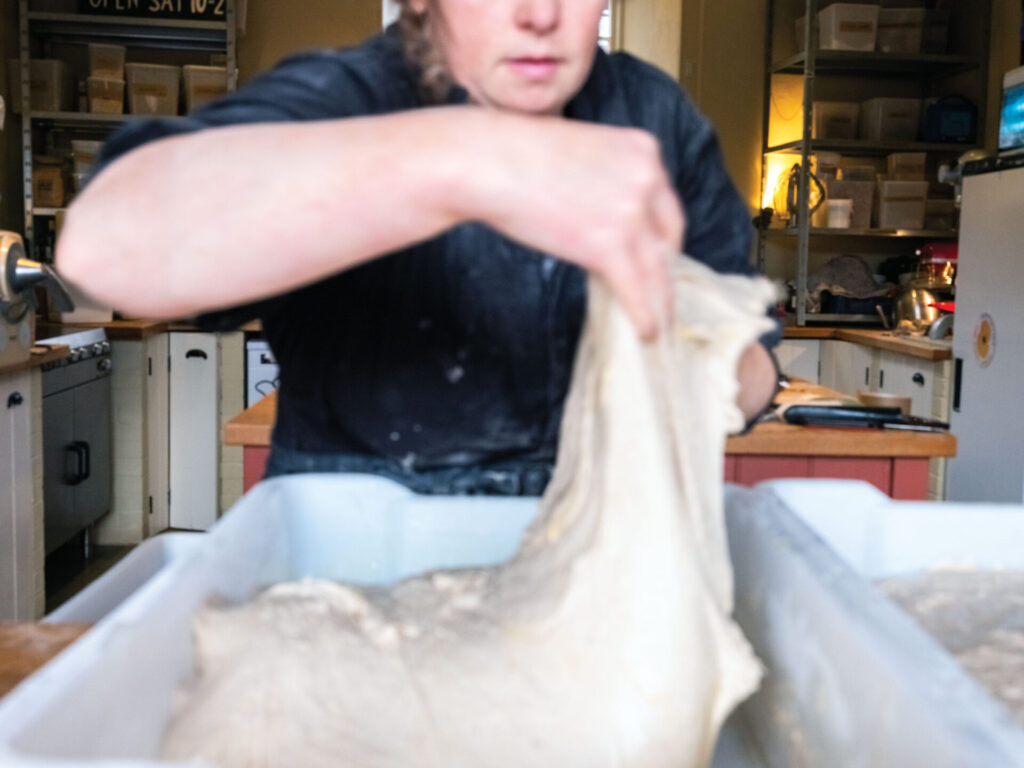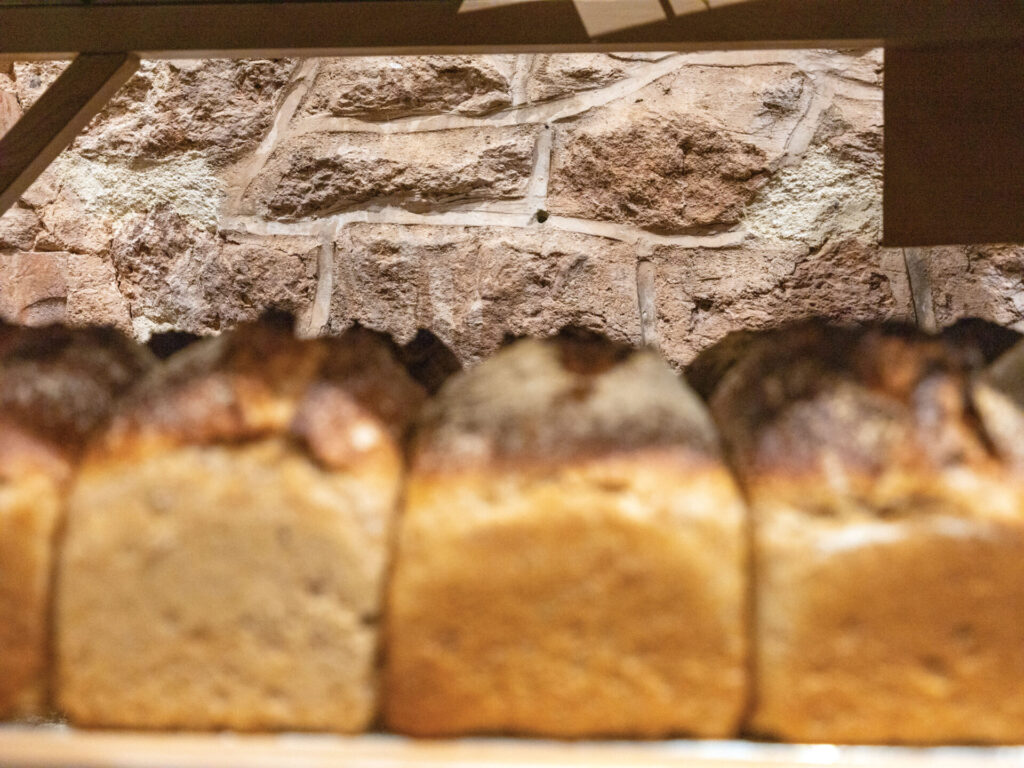In pockets of resistance across the UK, grain rebels are sowing a grassroots revolution in defiance of monocultures, uniformity, and bad bread.
The vast majority of our food is controlled by a handful of global corporations, whose genetically identical seeds cover these isles in every direction. In this Regenerative Conversation, we meet four radical disruptors demanding more diverse grains in our fields and our food system.
Farmer Fred Price and baker Rosy Benson, photographed by Lúa Ribeira for our Southwest story, grow, mill, and bake a rich tapestry of wheat on Gothelney Farm in Somerset. They join Welsh farmer Gerald Miles, of the Llafur Ni network, and Hodemedod’s Nick Saltmarsh in this powerful discussion filled with emotive anecdotes and stirring statistics.
“People don’t realise what it takes to bring a grain into a loaf. It takes blood, sweat, and tears.”
Gerald Miles, farmer
“This consolidation of the industry, increasing uniformity, manifests itself in a system about power and control that pushes us and limits our choices.”
Fred Price, farmer
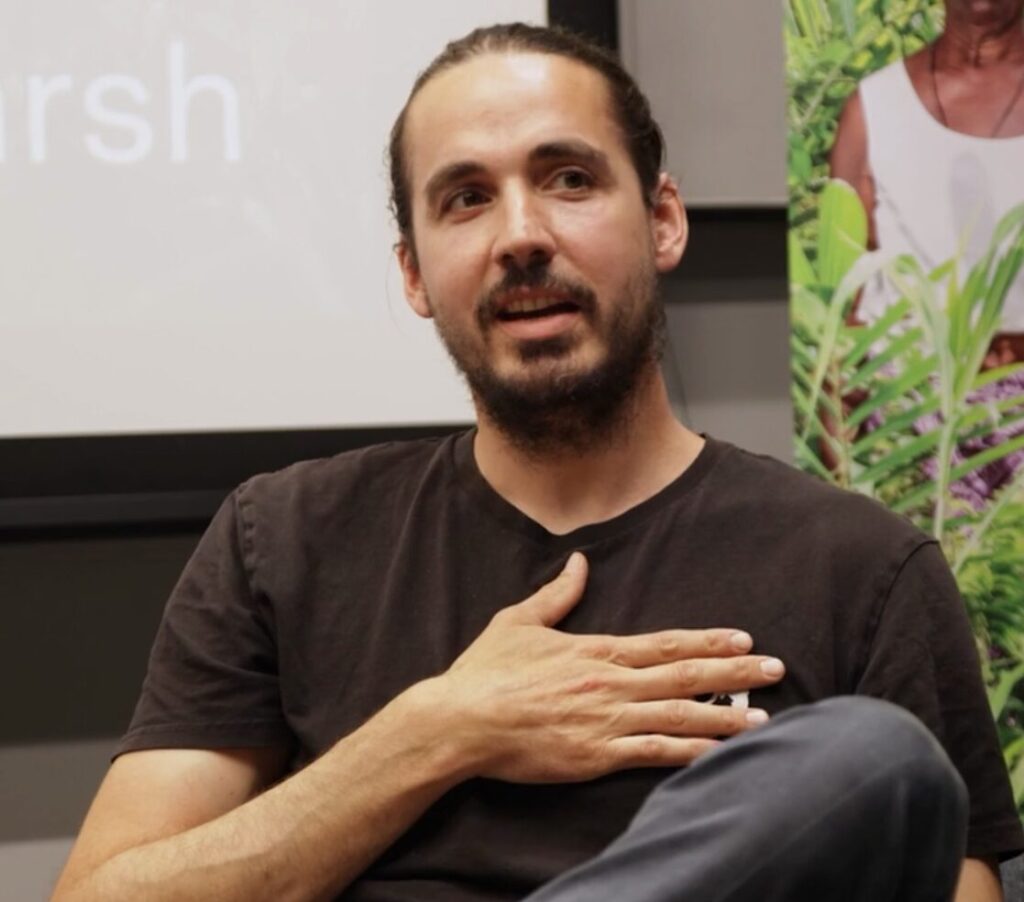
Fred Price took on DEFRA and transformed his family farm in Somerset from a labour- and chemical-intensive operation to a diverse reflection of the abundant nature he was previously pushing against.
“15 years ago, when I wanted to grow wheat, I would have gone to a recommended list and chosen a variety. Last year, in the UK, the top-selling variety of wheat had 20% market share…so every fifth field is going to be the same variety, in which every plant is the same, in which every grain harvested is genetically the same. That’s the type of agriculture in which you are trying to change everything else apart from what you’re doing. You are imposing that seed into a natural ecosystem that doesn’t mirror that variety.”
Today, Fred grows population (or heterogenous) wheats, which rely on variation for resilience.
“Imagine a field where there are half a million different genotypes. That field has evolutionary potential because only the fittest, most appropriate genotypes do better, and bias themselves, and then we save that seed and replant it.”

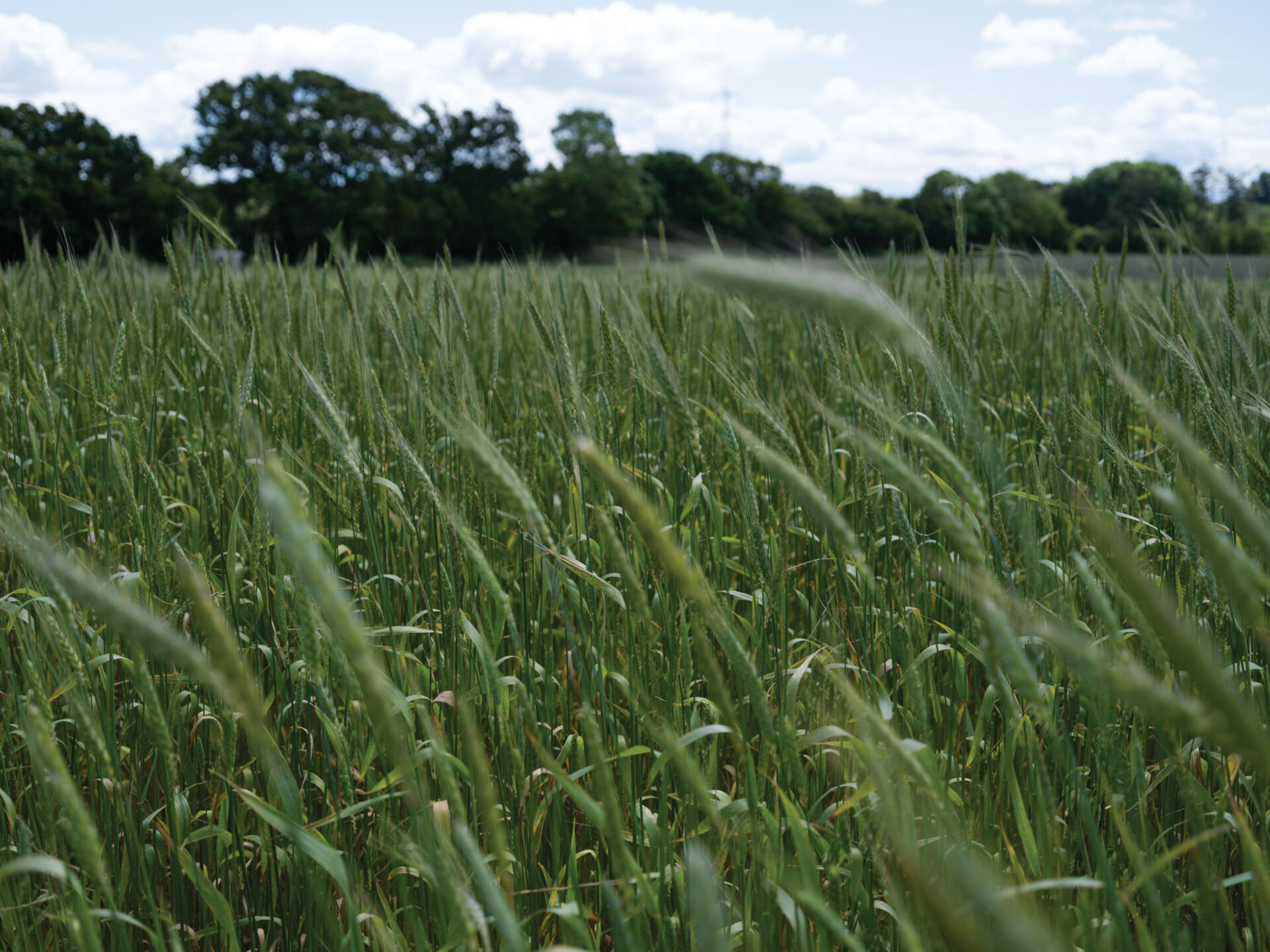
“If you want to grow seed in the UK, you have to meet certain regulatory requirements…and for wheat that manifests itself in a government-published list of wheat varieties that you can choose from….Regulations have come to mirror, and therefore reinforce, this idea of monoculture and uniformity in our seed choices.”
“A baker, are they making choices? A farmer, are they making choices? A consumer, are they making choices?”
Fred feels strongly about putting power back into the hands of farmers and communities, escaping the current system of control that works against the land and its inhabitants.
“As a baker, my sole mission is to get everyone to just slow down with their eating and taste flavour. And know that they’re supporting people like Fred who are growing really interesting, diverse grain.”
Rosy Benson, Field Bakery
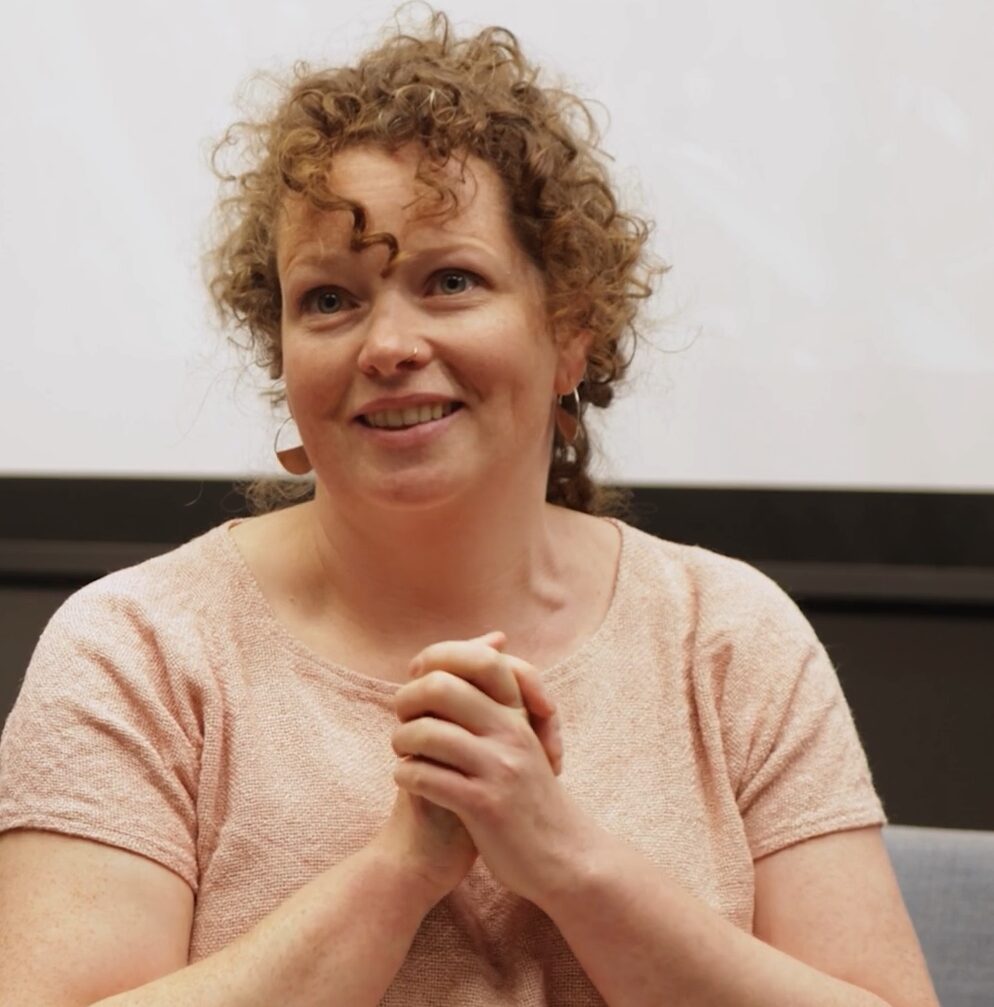
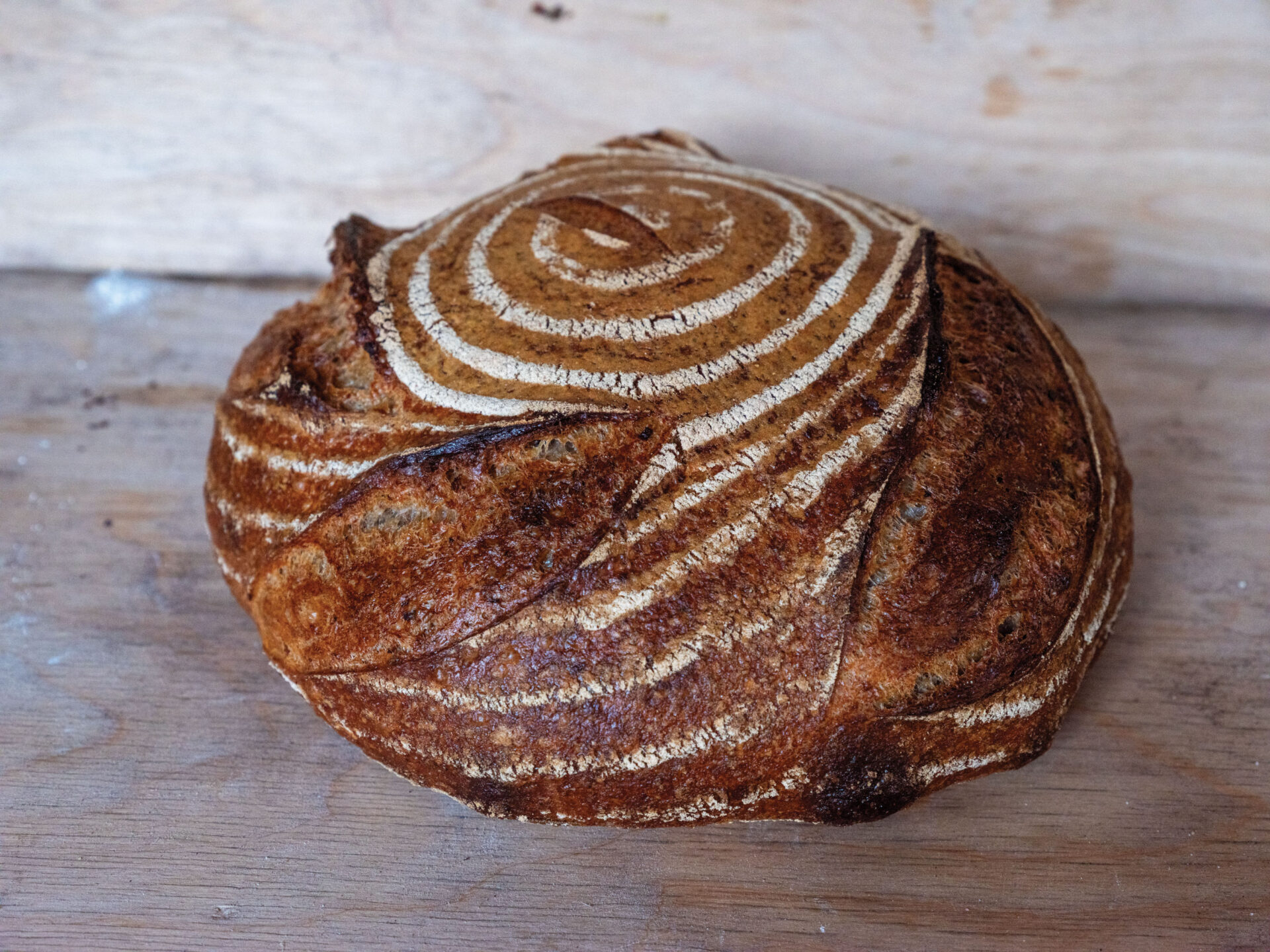
Baker Rosy Benson mills the diverse grains grown at Gothelney in situ, amongst the fields of which they were once a part, before baking and selling her bread, imbued with the distinct taste of the land from which it came. She sells her creations directly on the farm and further afield, reconnecting customers with the multitude of flavours bread can carry, once freed from the grasp of the flour monopoly.
“It’s a beautiful system to be part of. It’s powerful because we are doing it together.”
Rosy Benson, Field Bakery
“All the volunteers who leave the farm leave in tears because the farm has given them something.”
Gerald Miles, farmer
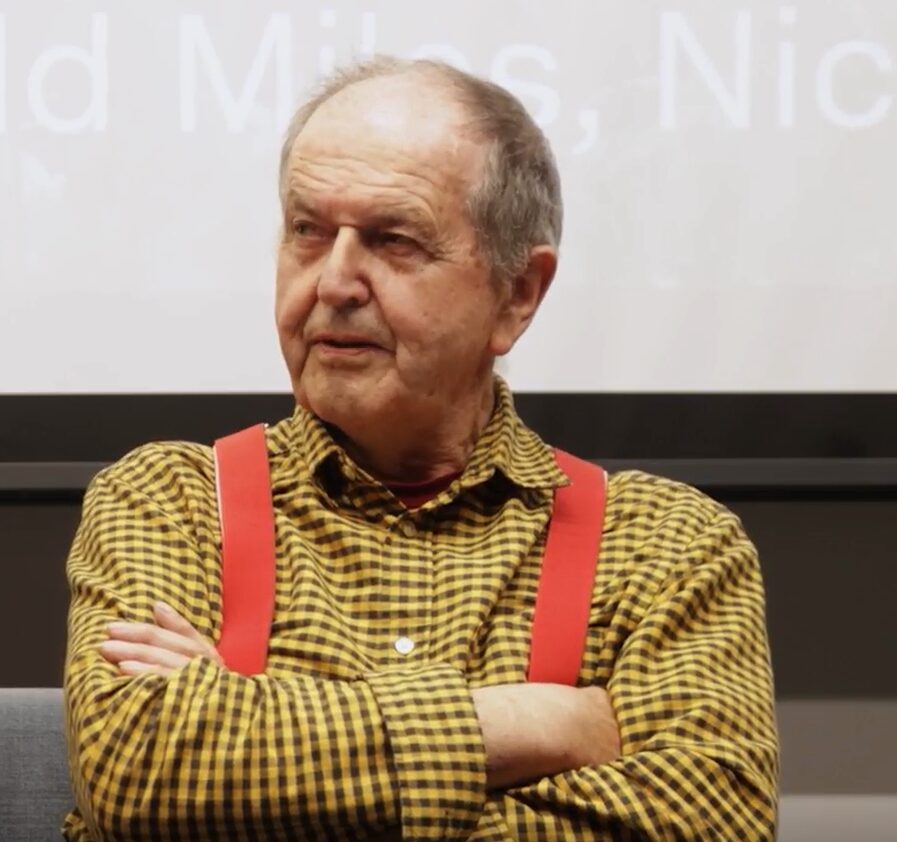
“It took me years to find black oats…I call it the holy grain.”
Gerald Miles went on a long journey to revive a heritage grain: Welsh black oats. Once the mainstay of cooking in every farmhouse, Gerald’s mission was to bring back the lost respect for this ancient seed.
“It’s part of our culture. And food should be part of our culture. And we should respect that.”
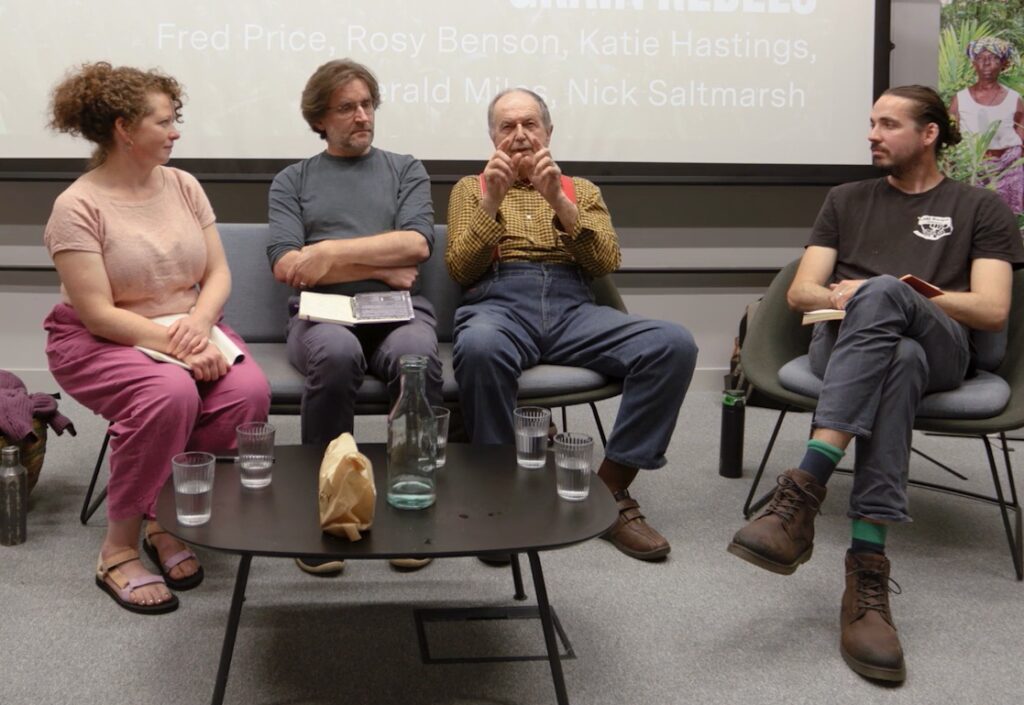
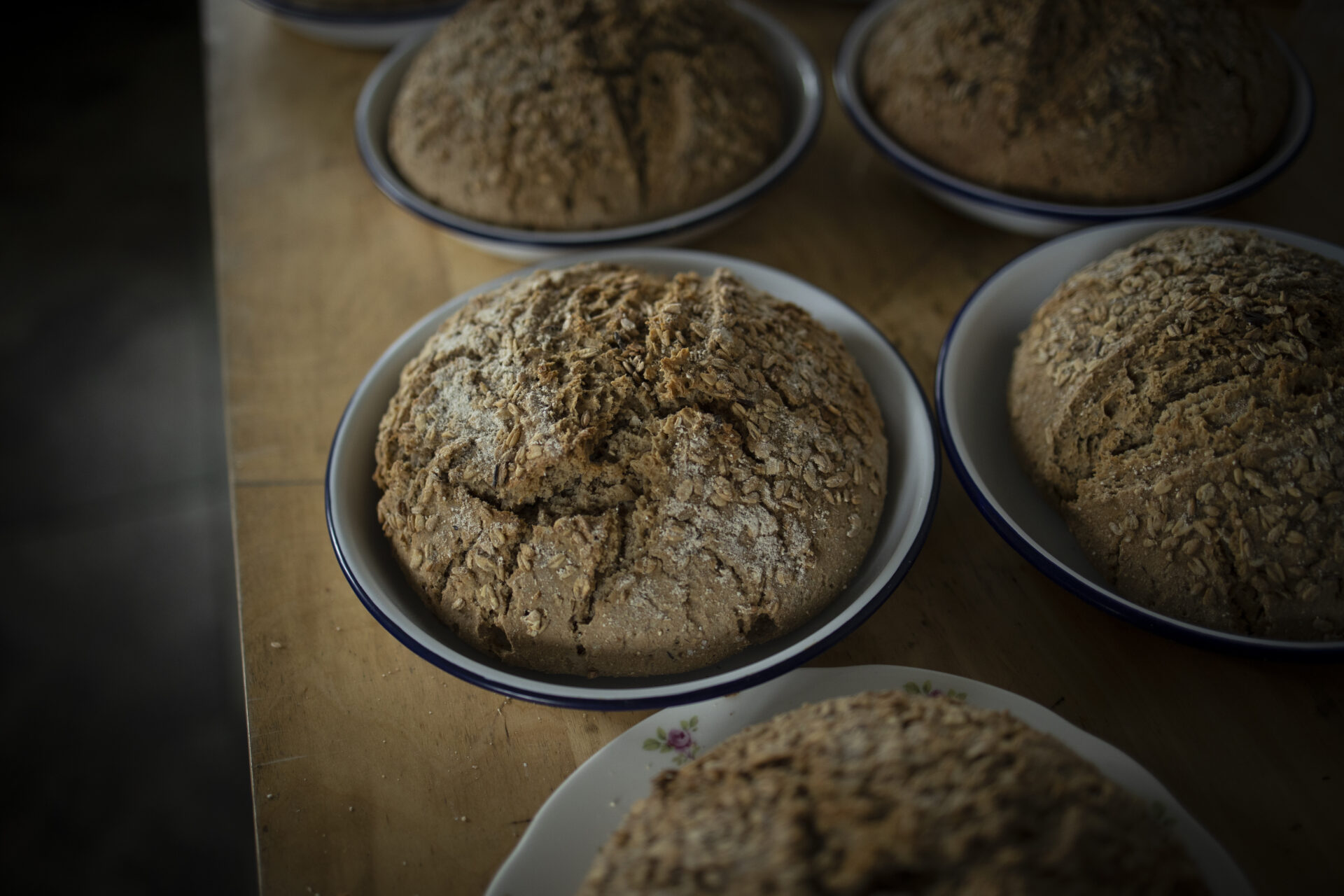
Filled with nostalgia and emotion, Gerald returned the forgotten black oat to his fields in Wales, with a community of grain rebels alongside him.
“To have people together doing that, it touches you…To really support each other as farmers, I think we should work more together.”
Gerald Miles, farmer
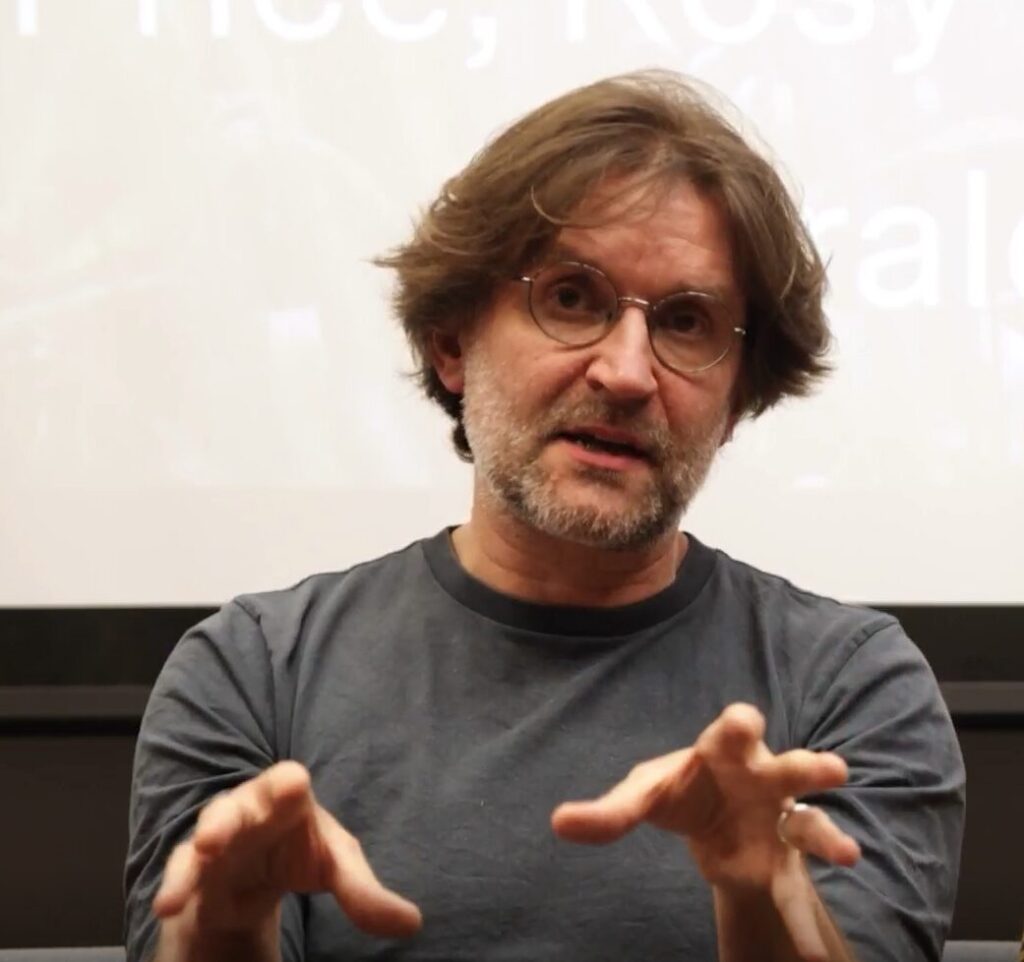
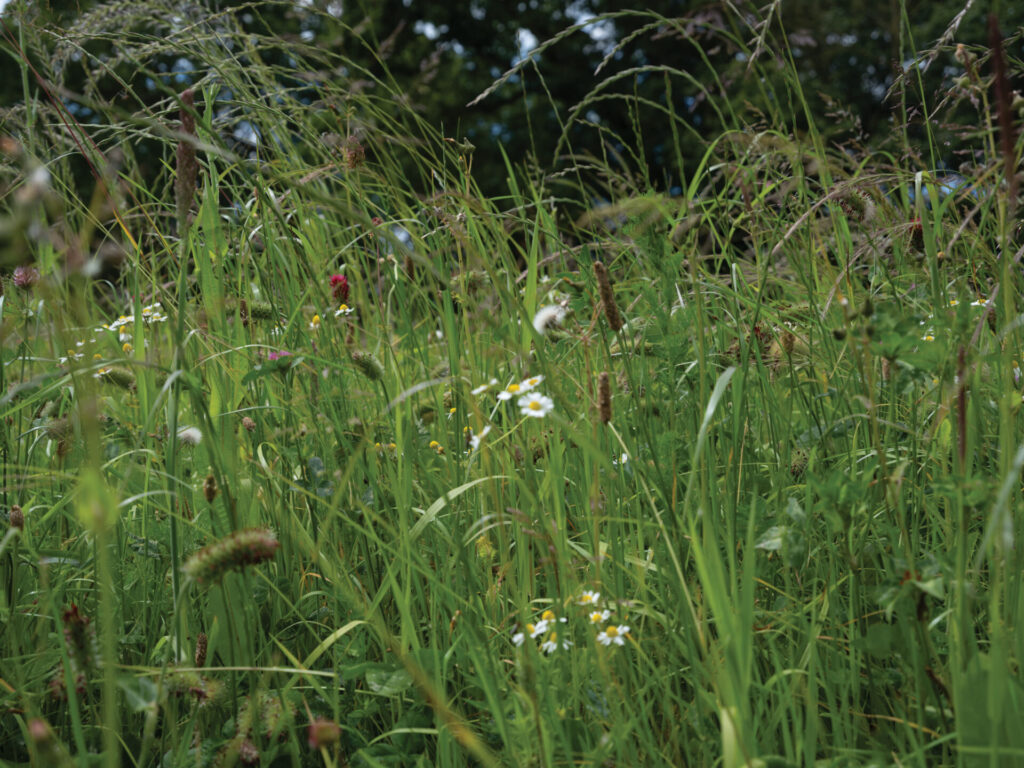
“There is a legal requirement that seed has to be uniform…The food industry demands uniformity.”
Nick Saltmarsh, Hodmedods
“Uniform food is not as enjoyable as a diverse, varied, rich diet.”
Taking a stand against the monotony of our food, Nick Saltmarsh co-founded Hodmedods, bringing diverse heritage pulses and grains back into our diets.
“There is a handful of species that contribute most of our calorific requirements, and even within those species, there is a handful of varieties that dominate…We wanted to work with farmers working with more diverse rotations…really to demonstrate what is possible and what can be done.”
With initiatives like Hodmedods in place, farmers can open their eyes to a world beyond that prescribed by big corporations and government regulations.
“There is a growing movement of more and more farmers, and food producers more broadly, who are looking at alternatives and developing alternatives and collaborating and cooperating.”
We were thrilled to host this opportunity for such a bountiful conversation with people who are so deeply dedicated to bringing diversity, flavour, and joy back into the food system. A heartfelt thank you to our panellists, to Cherry Truluck, who hosted the discussion, and to Dizraeli for the live performance of his poem, Seeds, inspired by Fred and Rosy’s story.
Catch up on all our reflections from the Open House event on 10 May, and explore the other Regenerative Conversations from the day, on agrarian localism, sustainable fishing, and the importance of seed diversity.
There is hope here,
the power to regenerate the land.
There is hope here,
the size of a freckle on a hand.
There is hope here,
the soil still knows what it needs.
Hush a minute,
listen close to the seeds.

